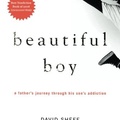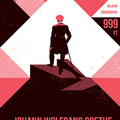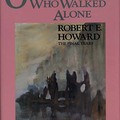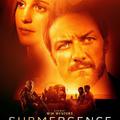J. M. Coetzee: Disgrace
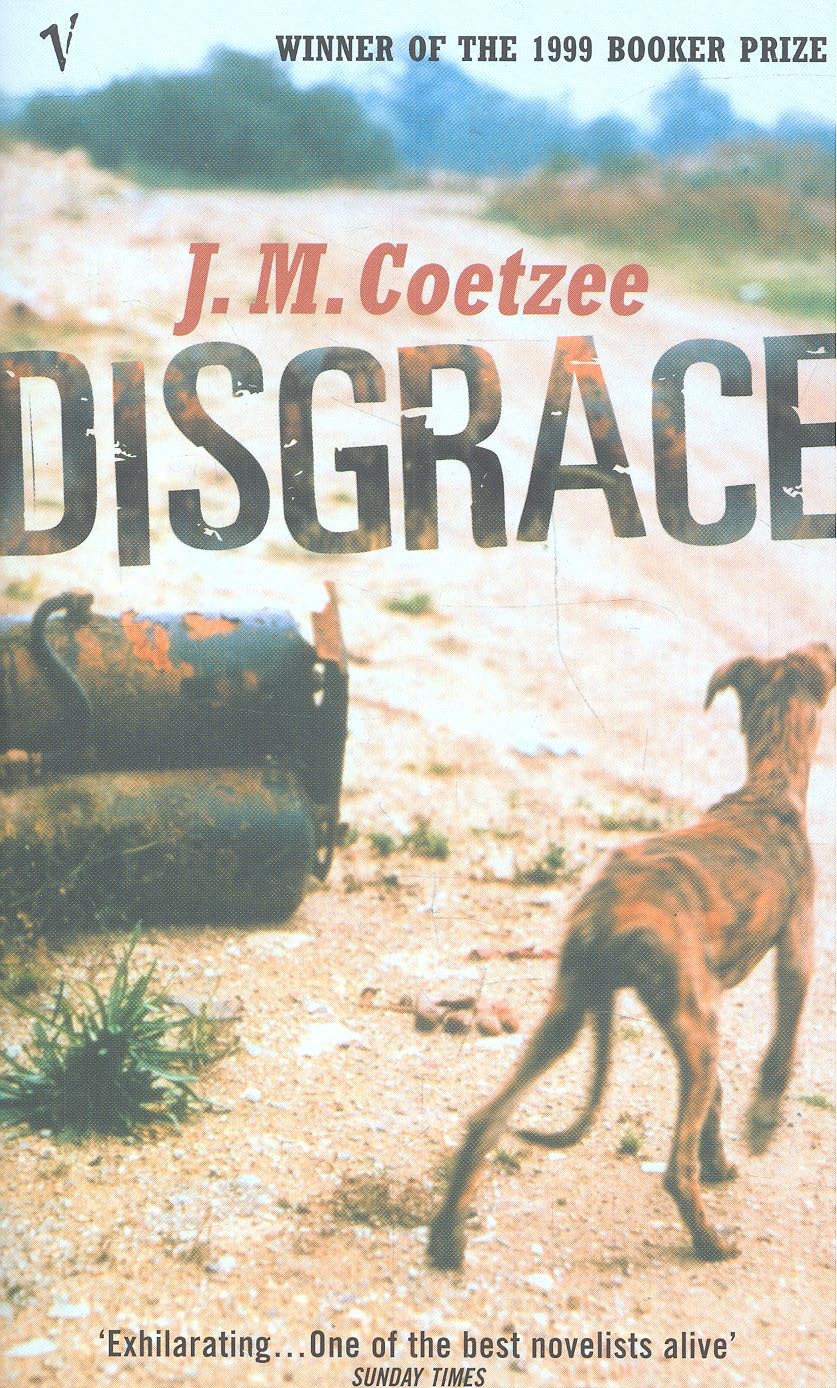
This was the second novel I read by J. M. Coetzee. The first, Waiting for the Barbarians put me into a state of intense mental misery for days, however, I didn’t doubt for a minute that I would read other books by Coetzee – not because I’m masochistic, but because I’m curious. At least now I had some ideas about what I can expect from Coetzee, so the story of Disgrace and the themes the novel covers didn’t take me by surprise. I don’t mean that I’ve become immune to the brutality of Coetzee, and I can sit back and watch contentedly how he puts his characters up to difficult, no-win ethical choices. But I certainly tried to read the novel in a cool, distant manner, and avoid empathizing with the characters too much.
I guess this detachment was a good attitude to assume, as without it I would’ve found Disgrace even more unsettling than Waiting for the Barbarians. In that novel perhaps we can fool ourselves with the idea that the world depicted in the novel is not real, however, in Disgrace we don’t have this option, as this novel is set in the all too real contemporary South Africa, and the characters also seem more real than those in Waiting for the Barbarians, who are more like symbols than rounded characters.
Disgrace tells the story of David Lurie, a fiftyish, twice-divorced university professor and womanizer. David abuses his authority as a professor in order to seduce one of his students, young and beautiful Melanie. However, their secret affair is brought to light, and even though David pleads guilty and accepts his responsibilty in the issue, he is unwilling the assume the role of scapegoat, and decides to leave his job instead. He moves in with his daughter, Lucy, a strong woman living alone on a farm, but it seems that no matter how far he goes and where he hides, Lurie cannot find his inner peace anymore.
I read some articles earlier about South Africa, so when I learned that a part of Disgrace is set on a farm managed by a white person, I immediately had some serious forebodings – and I had every reason to be afraid of what might happen in the novel. South African farm attacks are so common that the topic even has its own Wikipedia article, and Lurie and Lucy are also attacked by a violent group. After the attack, their situation in the world becomes increasingly disgraceful, and they are looked upon with distrust, as if they had been the ones to invite the attack.
The novel deals with quite a few intriguing topics, such as the relations of the black and the white in South Africa; the difficulties of creating art; the uselessness of the English language when it comes to depicting South African reality (or simply to communicating efficiently); or the all-permeating feeling of constant mortal danger in which the characters are forced to live. Still, as we may assume from the title, the most important theme of the novel is shame, and its private and public interpretation.
For instance, David privately accepts the disgrace he suffers because of his affair with Melanie, but he does not want to atone for his sin, and chooses to go into exile instead, while the supposedly modern university and his whole town superstitiously wants to turn his private shame into something of a public cleansing ritual. In Lucy’s case, this happens the other way around: even though she is the victim of the farm attack and it isn’t Lucy who commits a shameful act, she is the one whose reputation is shattered and who has to bear the disgrace attached to her victimized condition. However, contrary to her father, Lucy doesn’t back out from her situation and run away, but stays on her farm, and at the end of the novel it seems that she even humiliates herself on purpose and positively relishes in her disgrace.
Coming from me, this might sound a bit too obvious and spoon-feeding, however, the novel is not like that at all. The different characters and themes are beautifully balanced in the novel, and Coetzee refrains from any kind of over-explanation. I assume he knows that the topics he writes about are serious enough on their own, so they are bound to weigh heavily on the readers without the writer engaging in any superfluous artiness or explanations.
I read it somewhere in a review of Waiting for the Barbarians that Coetzee writes in a much too bare and non-literary language. This statement definitely holds true for Disgrace as well. I cannot recall encountering any particular adjectives or unique metaphors in this novel – but anyway, I don’t think the novel worse for this. Based on the two novels I read so far by Coetzee, I believe that his strength is the depiction of social and ethical questions in a bare, seemingly simple form, and he is not that good at playful, beautifully written ruminations about lighter topics. (By lighter topics I mean anything which is not a matter of life and death.)
I have a need for both kinds of literature, however, I don’t need Coetzee’s kind as often as the other. Despite all my precautions, his writing unsettles me to a great extent: I find his dark world exceedingly depressing, and it also unnerves me that so far I haven’t encountered a single likeable character in his novels. I don’t need much hope and encouragement, but I definitely need some. I don’t think that everything is hopeless; that every man is a disgusting swine; and that human beings don’t have the slightest chance to make meaningful, humane decisions. Coetzee continuously makes me believe that I’m wrong in these assumptions of mine – and this I resent.

